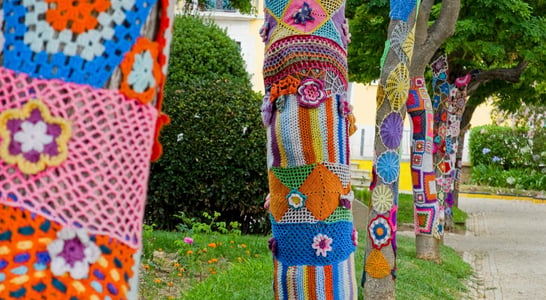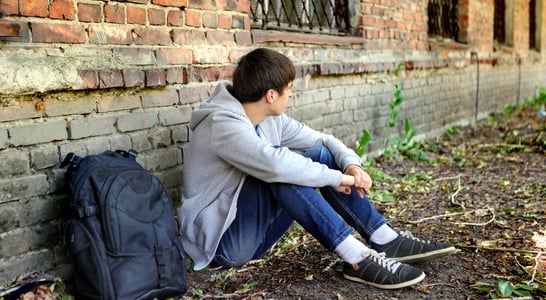
Loneliness Awareness Week
Exploring the impact of social isolation reveals profound insights into mental health, well-being, and community connections.
Humans are hardwired to need other people and, when a person doesn’t have enough interactions with others, they get lonely. Loneliness is a natural, universal emotion that may ebb and flow but will likely impact every human being on the face of the planet.
Even though modern society is more ‘connected’ than ever, loneliness has grown into what some are calling an epidemic. In fact, a recent report from the US Surgeon General has warned that loneliness has become a risk factor for mental and physical health, stating its impact on mortality may be as harmful as smoking.
Loneliness Awareness Week is here to act as a way to inform the public about the impact of loneliness and also a call to action for communities to band together with creative ideas on how to reconnect and overcome these issues.
How to Observe Loneliness Awareness Week
Get started with observing Loneliness Awareness Week by participating in some of these activities:
Learn Important Facts About Loneliness
Check out some of these interesting facts about loneliness that can be learned and shared in conversation with friends and coworkers or through online media platforms:
-
Communities that are more connected with increased social cohesion are less likely to have disease and have lower mortality (from all causes)
-
Even following the pandemic, at least half of Americans state that they are lonely and the number of people reporting that they have no friends has quadrupled in the past 30 years
-
At least 60% of younger people (specifically ages 16-24) in the United States say that they are chronically lonely
-
Loneliness is now recognized as a persistent public health issue
Combat Loneliness and Isolation
With the understanding that community fosters health and overall happiness, consider ways to celebrate Loneliness Awareness Week that might help draw yourself and others out. Of course, overcoming some of these cultural issues is not easy, but one thing that can be done is to be aware and then make a bit of an effort.
Perhaps this means being more intentional about inviting a friend over for coffee or a meal, or visiting an older relative who is housebound. Start a book club, join a sports team, encourage a meetup at the library, or find some other way to connect with others that will help to foster a sense of community and welcome!
History of Loneliness Awareness Week
Loneliness Awareness Week got its start in the UK in 2017 when it was founded through the efforts of the Marmalade Trust with the purpose of raising awareness about the rising rates of loneliness and the impact it has not only on individuals but also on society as a whole.
With that in mind, Loneliness Awareness Week is all about creating communities that are supportive, fostering groups of people who can have conversations together that are open, honest and authentic. Although this event began in the UK, it is certainly worth bringing to the forefront to places all around the world.
Also on ...
View all holidaysNational Black Cow Day
Root beer floats are bubbly, creamy delights that will tickle your taste buds! They're the perfect pick-me-up on a hot summer day, and a nostalgic treat that will make you feel like a kid again. Bottoms up!
International Yarn Bombing Day
Join a world of other creative knitters and crochet-ers by “yarn bombing”, or covering your town or area with your beautiful, colorful, fun yarn creations.
National Jerky Day
Fall back on your old favorite jerky flavors, or try something new and exciting on Jerky Day, like alligator jerky or, odd as it sounds, caffeinated jerky.
We think you may also like...
College Student Grief Awareness Day
With 1 in 3 college students grieving the loss of a loved one, it’s important to acknowledge and aid those who might be struggling invisibly on college campuses.
International Day of Acceptance
Through strength, resilience, and determination, almost anyone can overcome challenges, demonstrating that abilities transcend limitations, and inspire others to embrace their own unique strengths and possibilities.
Global Love Day
Love yourself, love your friends and family, and love everyone else around you: spread some positivity and joy to an often tough world on World Love Day.








